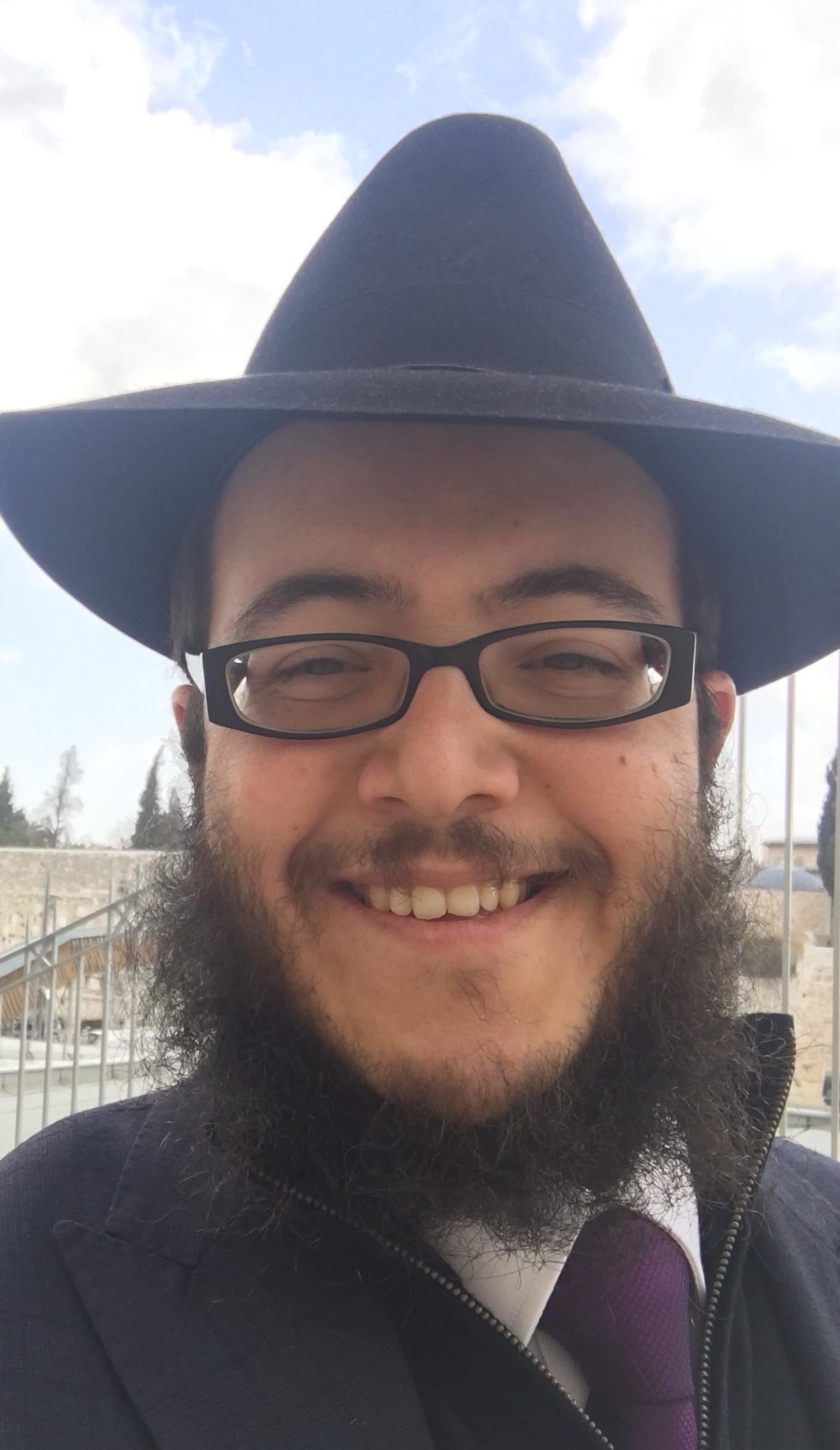
This week’s Torah reading relates that Abraham established an inn for guests, and there he “called upon the name of the eternal G-d.” Our Rabbis interpret this phrase, explaining that the intent is not that only Abraham himself called to G-d, but that he motivated others to proclaim G-dliness as well.
What did he do? He established his tent at a crossroads in the desert and generously provided food and drink to wayfarers. After they completed their meal, he asked them to bless “the One who provided you with food and drink.”
When the guests began to bless him, Abraham told them: “Was it I who provided you with food? Bless He who spoke and brought the world into being.” By providing people with their physical needs, he made them conscious of the spiritual reality.
The Hebrew term translated as “the eternal G-d”- kail olam- has also attracted the attention of the commentaries. Kail olam literally means “G-d of the world” i.e. there is a G-d and there is a world, and even the world recognizes that G-d is Almighty and in control.
But kail olam also represents a different and deeper insight. There is no difference between G-d and the world; everything is an expression of G-dliness. This is the intent of the phrase “G-d is one” that we recite in the Shema prayer: not only is there only one G-d, but everything in the world is at one with Him.
This is not only an abstract concept. It affects a person’s fundamental approach to his life. When he sees G-d as “G-d of the world,” he understands that he has obligations to Him. After all, if G-d is the Ruler of the world, a person has to pay his dues.
But that, he thinks, is all he is obligated to do. In the rest of his affairs, his life is his own. It’s like paying taxes. You have to give the government a percentage of your income, but afterwards you can spend the remainder of your money however you like. Similarly, in a spiritual sense, such a person recognizes that he owes something to G-d, but his life is primarily his own; he can do with it whatever he wants.
When we appreciate the world as one with G-d, by contrast, our entire relationship with Him changes. Religion is not merely going to the synagogue or carrying out a certain body of laws, but an all-encompassing experience, affecting every element of our lives.
Every situation in which we are found, every person whom we meet gives us an opportunity to advance in our knowledge of G-d and our connection to Him.
This is the heritage that Abraham gave to his descendants – to spread the awareness that we are living in His world, that our lives are not intended merely to provide ourselves with a little bit of enjoyment and satisfaction, but are instead mediums to make His presence known to others.
May we all merit that in the year 5775 we do not merely count our days but instead make every day count!!







